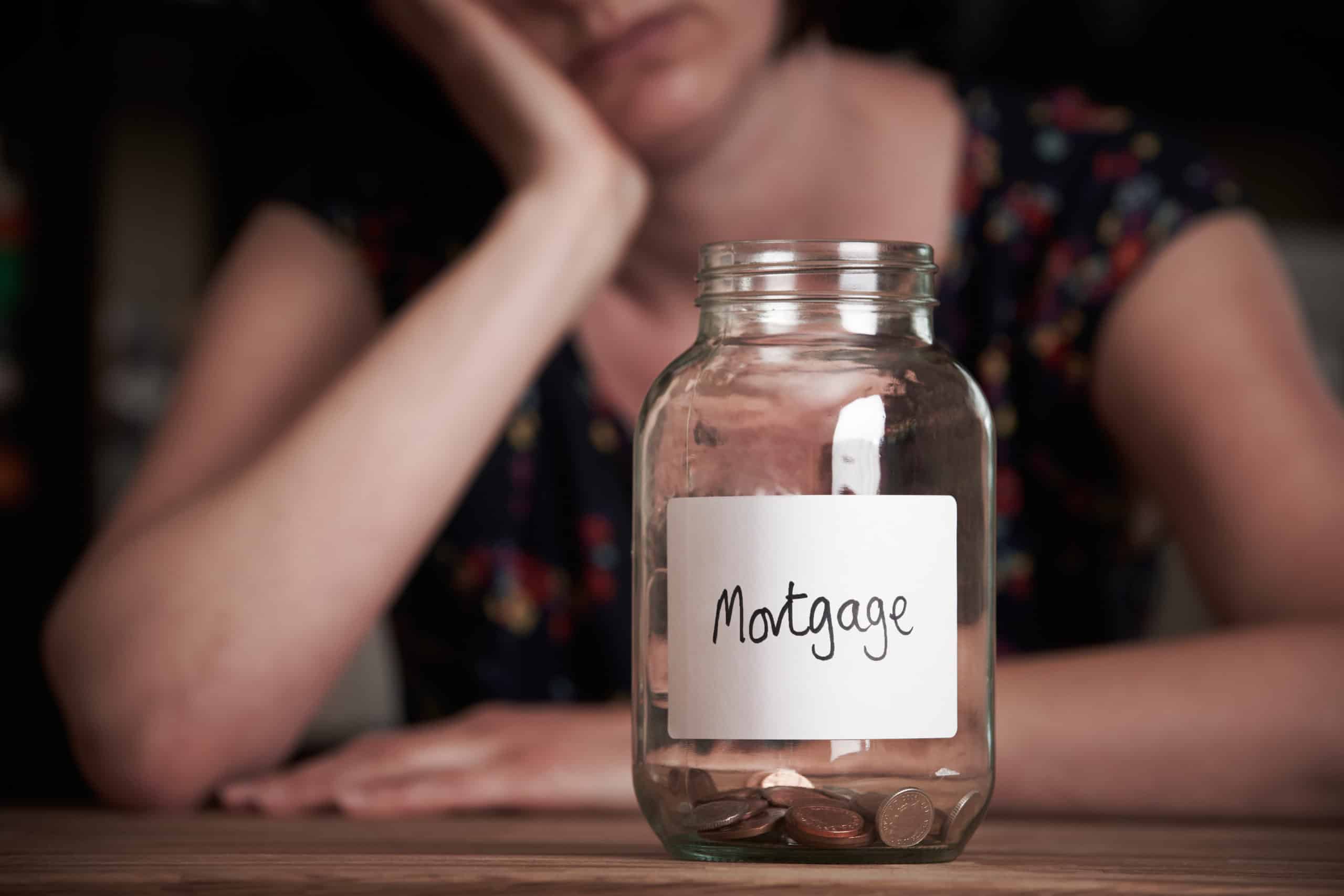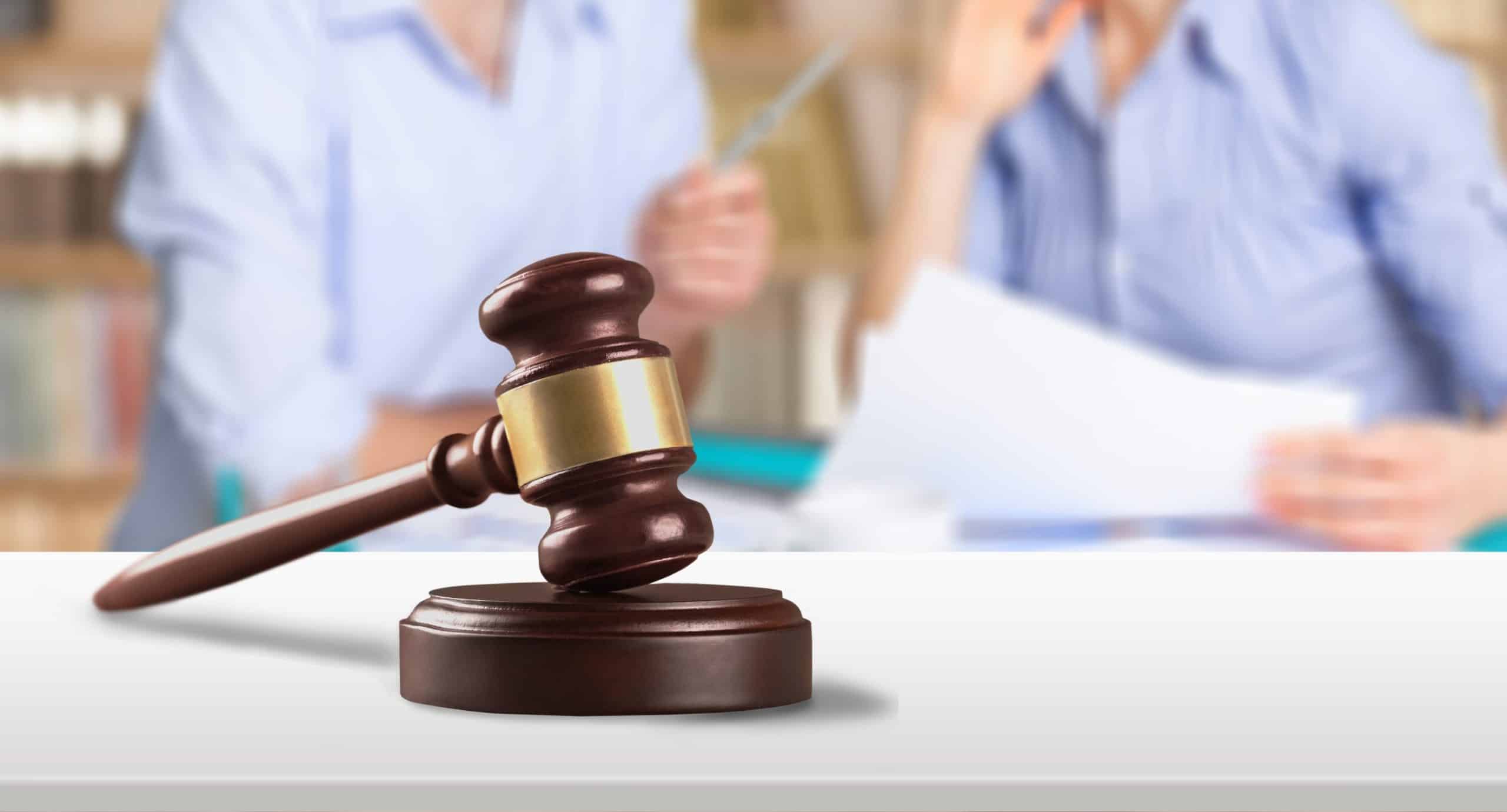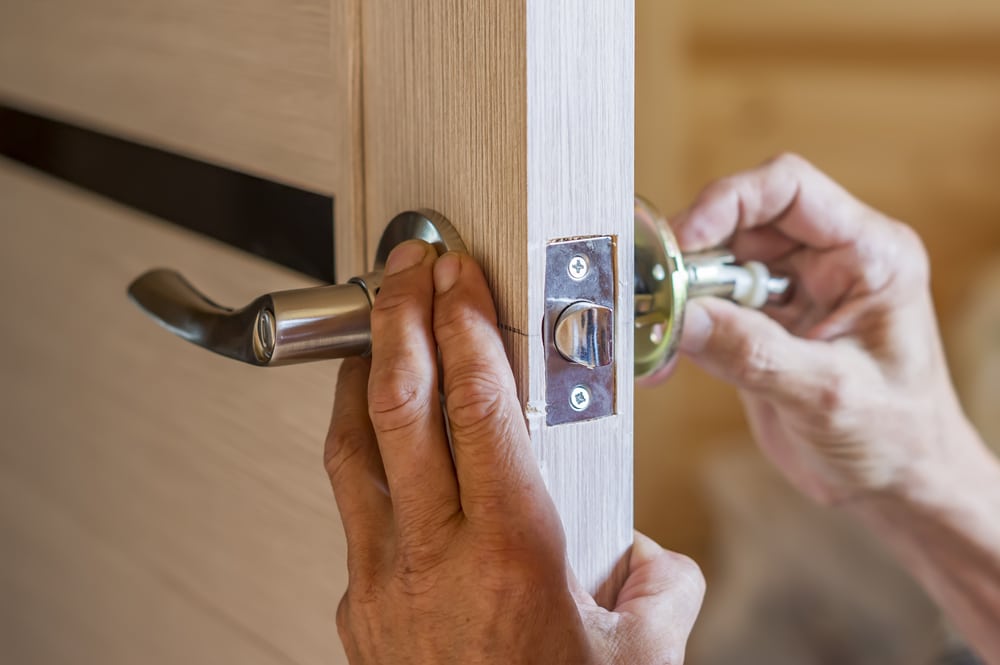During divorces, one party sometimes stops paying the mortgage.
This is often the one who is not living in the property.
It can have a big impact on selling the house during divorce.
Reading on to find out what the implications for this are.
Divorce and joint mortgages: Mortgage after separating
Lots of couples take out a joint mortgage for property.
It means you they are both seen as single owners and have equal rights in the property.
One important aspect of this is repayment – both parties are responsible for this.
So, even if one party has left the martial home, arrears will be detrimental to both parties.
One party not paying their share of the mortgage, negatively effects the credit rating of both.
This will reduce their ability to get a mortgage in the future.
You want to stay in the property
Your ex might ceased mortgage payments. If so, contact a solicitor and mortgage provider.
Most mortgage lenders will help you as much as possible. So, you must keep communication lines open and contribute to your mortgage.
If you want to stay in the property long term, you must consider whether you can afford the mortgage on your own.
-
If the answer is no, you will need to think about selling your home.
-
If the answer is yes, you should discuss buying your ex’s share in the property.
You are happy to leave the property
There are several scenarios that may lead you to sell your property:
-
You have exhausted all of your options
-
You are facing repossession
-
You want to be free of any ties with your ex
Both parties will need to agree that this is the right thing to do. You will need to pay off your mortgage using the money from the sale of your house.
Before this sale can happen, the house should be valued for the divorce.
It is worth remembering that this may incur a fee for exiting before the mortgage term is up.
Leftover funds are split between you and your ex. These are often decided upon during divorce proceedings.
If you have children
In a divorce, the welfare of children is the priority. The courts aim to ensure continuity in their lives.
Dependents under the age of 18 are considered children.
People with children who handle their day-to-day care are often allowed to stay in the family home.
Their ex often cannot force them to sell the house. And the courts will ensure their ex pays towards the mortgage.
If you are facing repossession
If you are in mortgage arrears and you have exhausted all avenues, you may be facing repossession.
In this situation, you might be able to stop repossession. If not, there are debt management companies you can contact.
We Buy Any Home
If you want to sell a house quickly after divorce, We Buy Any Home can help. We can sell your house in as little as 7 days, fee-free.
Our quick house sale solution is ideal for those who want a guaranteed sale and zero hassle.
You can get a free, no-obligation cash offer from us in just 24 hours.



















